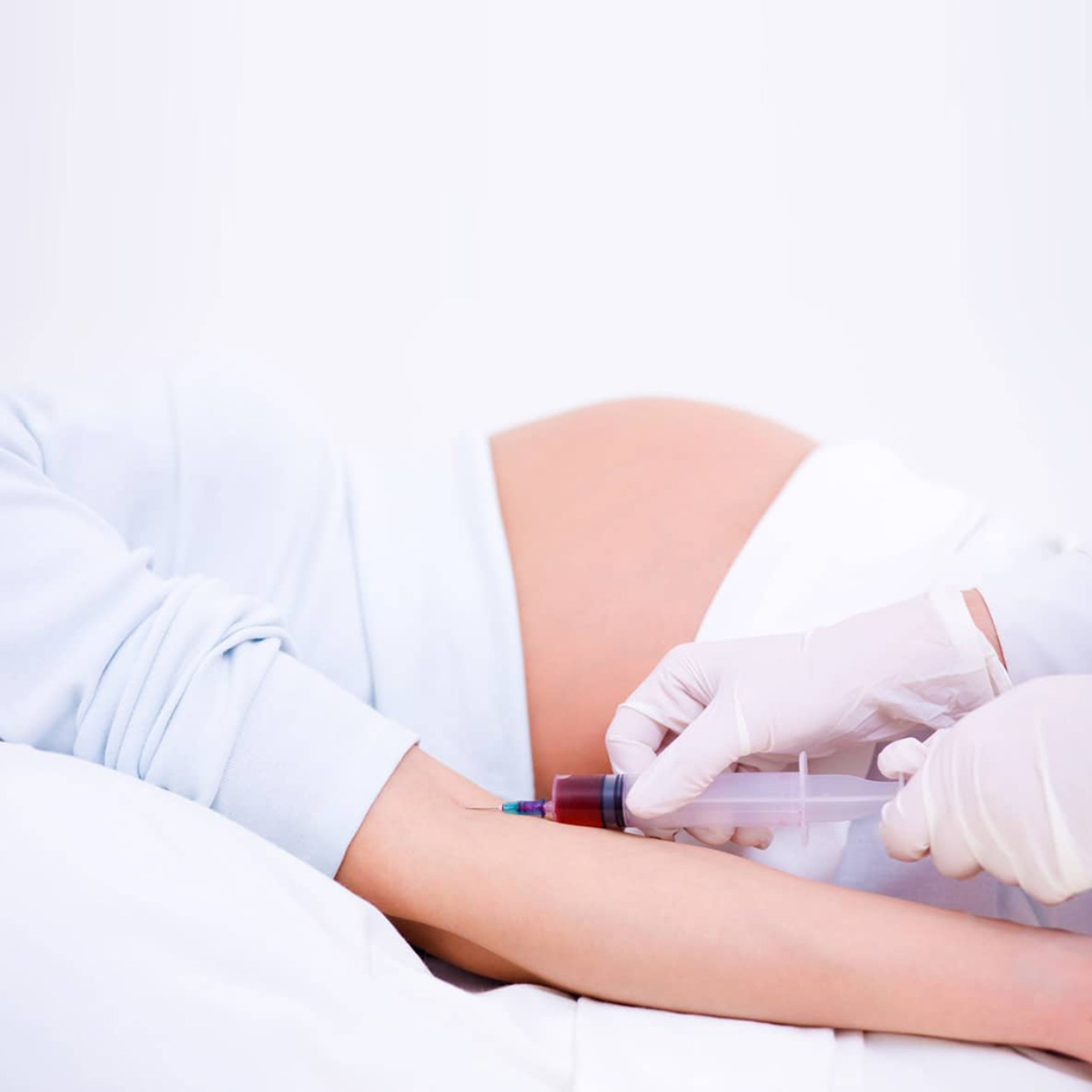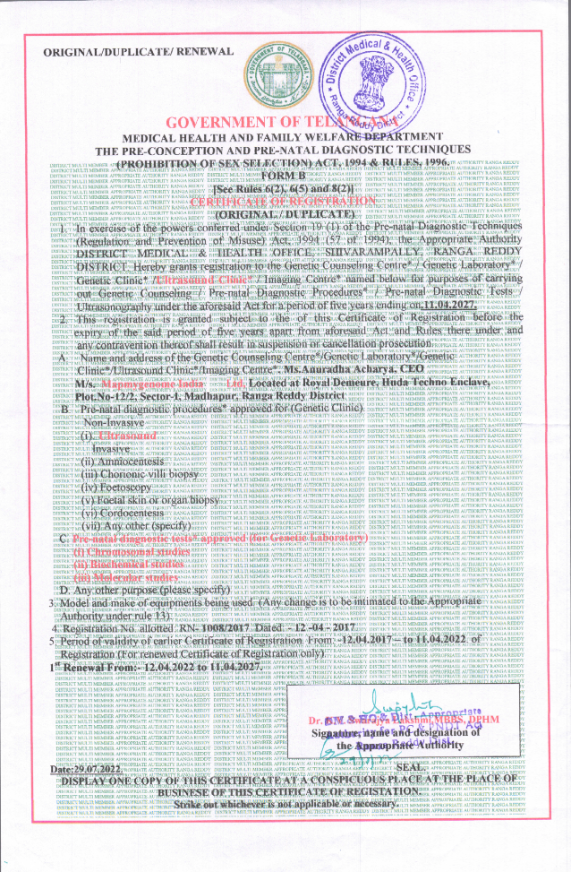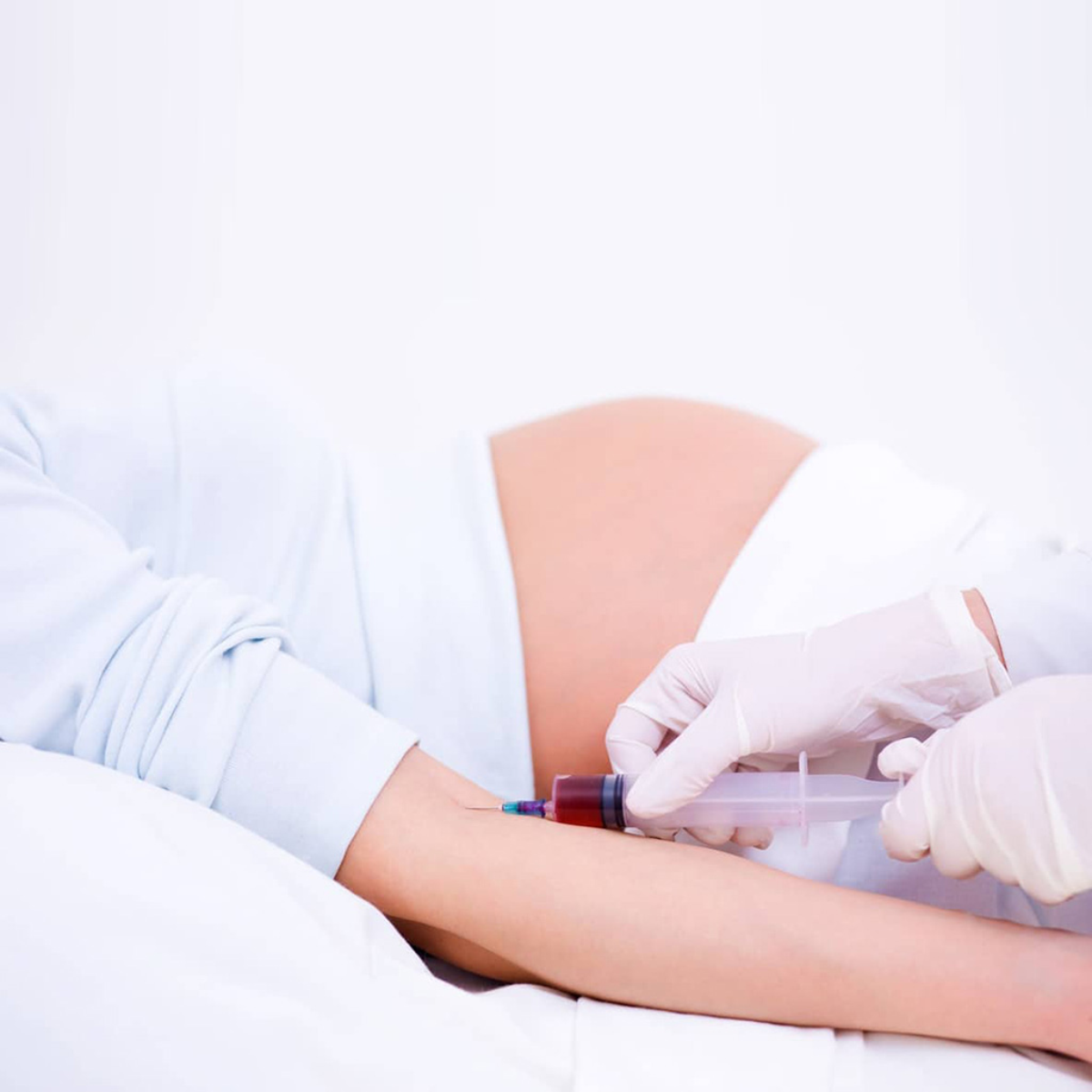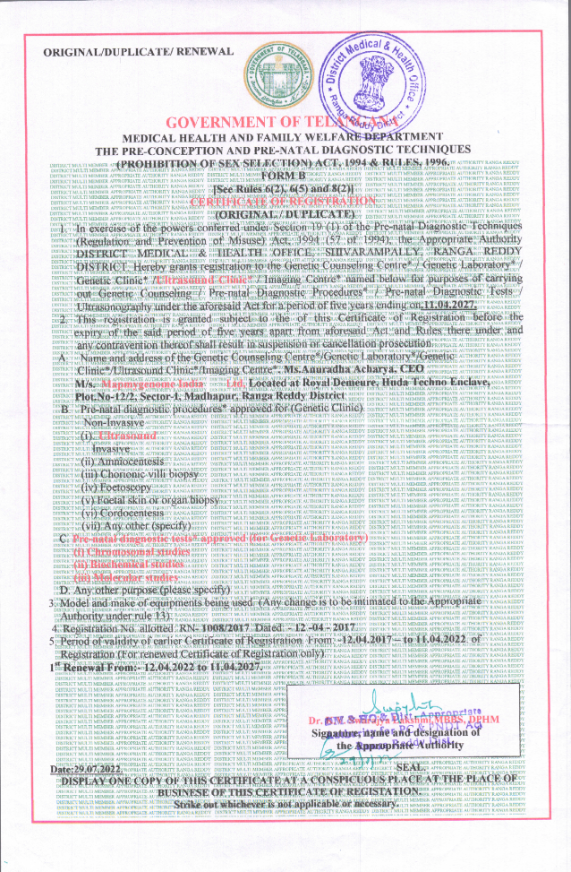Turner syndrome (TS), also known as monosomy X or 45,X, is a genetic condition affecting approximately 1 in 2,500 female births in India. It's not inherited but occurs due to a random absence or alteration of one of the X chromosomes. Understanding this condition is the first step towards early diagnosis and effective management.
Recognizing the Signs and Symptoms of Turner Syndrome
TS can manifest in a variety of ways, with symptoms ranging from mild to more pronounced. Some common signs include:
- Short stature: Often the most noticeable sign, especially in childhood.
- Delayed or absent puberty: This may require hormone therapy.
- Infertility: Most women with TS are unable to conceive naturally, but assisted reproductive technologies may be an option.
- Heart conditions: Some individuals may have congenital heart defects.
- Kidney and thyroid problems: Regular monitoring is essential.
- Learning difficulties: While intelligence is usually normal, some individuals may experience challenges with spatial reasoning or math.
- Social and emotional difficulties: Support from healthcare professionals and loved ones is crucial.
Causes of Turner Syndrome
Normally, females have two X chromosomes (XX). However, individuals with TS have a missing or partially missing X chromosome. This can occur in different ways:
- Monosomy X: The most common type, where one X chromosome is entirely absent.
- Mosaic TS: Some cells have two X chromosomes, while others have only one.
- Partial Monosomy: A part of one X chromosome is missing.
Inheritance/recurrence risk:Turner syndrome is typically not inherited, but it can be inherited in rare cases.
Diagnosis of Turner Syndrome in India
Diagnosing TS can be done during pregnancy (prenatal) or after birth (postnatal):
- Prenatal Testing:
- Chorionic Villus Sampling (CVS): Performed between 10-13 weeks of pregnancy.
- Amniocentesis: Typically done between 15-20 weeks of pregnancy.
- Non-invasive Prenatal Testing (NIPT): A blood test analyzing fetal DNA fragments in the mother's blood.
- Postnatal Testing:
- Karyotype (Chromosome) Analysis: The most definitive test, examining chromosomes from a blood sample.
- Fluorescence In Situ Hybridization (FISH): Detects specific changes in the X chromosome.
- Microarray Analysis: Identifies smaller genetic changes.
Genetic counseling is highly recommended to understand the implications of these tests and to discuss personalized treatment plans.
Where to Get Tested in India
Many hospitals and genetic clinics across India offer genetic testing for Turner syndrome.
- MapmyGenome: Offers comprehensive genetic testing and counseling services.
Managing Turner Syndrome: Treatment and Support
Early diagnosis and intervention are key to managing TS effectively. Treatment options include:
- Growth hormone therapy: Can help improve height and overall development.
- Hormone replacement therapy (HRT): Can induce puberty and maintain hormonal balance.
- Monitoring and managing specific health concerns: Regular checkups with specialists like cardiologists, endocrinologists, and nephrologists are crucial.
- Emotional and psychological support: Counseling and support groups can help individuals cope with the challenges of living with TS.
Thriving with Turner Syndrome
With early intervention, appropriate medical care, and a supportive community, girls and women with Turner syndrome can lead full, active, and fulfilling lives. It's essential to focus on individual strengths and celebrate the unique qualities of each person with TS.
Support groups in India:
ORDI: https://ordindia.in/
Turner syndrome India: https://www.turnersyndromeindia.org/









